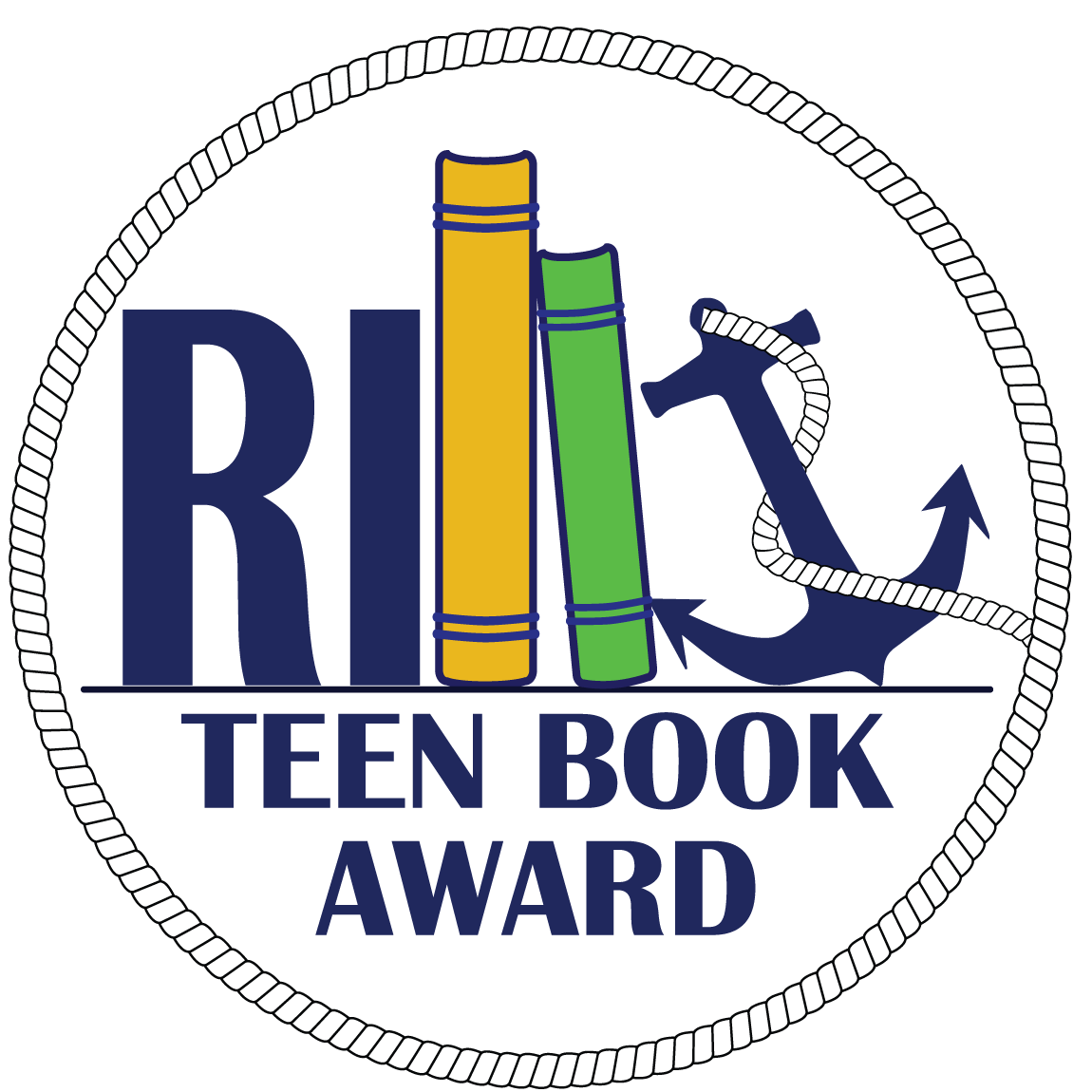 The Weight of Water
The Weight of Water
By Sarah Crossan
Publishing Info: New York: Bloomsbury, 2013
ISBN: HC-9781599909677
Pages: 211
Ages: Grades 6-9
Annotation: Twelve year old Kasienka and her mother have immigrated to Coventry, England from Poland, searching for Kasienka's father, however everyone is unfriendly except for an African neighbor and a boy Kasienka meets at the swimming pool, which is her only refuge from an alien society.
Summary: Carrying just a suitcase and an old laundry bag filled with clothes, Kasienka and her mother are immigrating to England from Poland. Kasienka isn't the happiest girl in the world. At home, her mother is suffering from a broken heart as she searches for Kasienka's father. And at school, Kasienka is having trouble being the new girl and making friends. The only time she feels comforted is when she's swimming at the pool. But she can't quite shake the feeling that she's sinking.
Until a new boy swims into her life, and she learns that there might be more than one way to stay afloat. The Weight of Water is a coming-of-age story that deftly handles issues of immigration, alienation, and first love. Moving and poetically rendered, this novel-in-verse is the story of a young girl whose determination to find out who she is prevails.
Subject Headings & Major Themes:
- Immigrants--England--Coventry--Juvenile fiction
- Mothers and daughters--Juvenile fiction
- Swimming--Juvenile fiction
- Alienation (Social psychology)--Juvenile fiction
- Novels in verse
- Race relations--Juvenile fiction
- Coming-of-age-stories
- In ‘First Day’, Kasienka describes her first day at school. Does she have a positive experience? What is Mrs Warren’s attitude? For what reasons might Mama caution Kasienka not to contradict Mrs Warren? Describe your first day at a new school? What were your feelings and fears? What is Kasienka feeling?
- Reread ‘Pale’, ‘What I Try Not to Hear’, ‘Disco’, and ‘Mistaken’. Kasienka is at school with other children, but she is unable to connect with others. Why?
- Mama and Kasienka are in Coventry to find Tata. What is Kasienka’s attitude to finding her father? What is Mama’s attitude? How would you describe Kasienka’s home life in Poland before and after her father leaves? Look especially at ‘Before England’, ‘Road Atlas’, ‘The Odyssey’, and ‘Wanted’.
- Why does Kasienka love to swim? How does it make her feel? Can you think of something you do that makes you feel completely yourself
- William is the one person Kasienka feels connected to. What is it about William and the way he treats Kasienka that she likes? Is William a sympathetic character? Do you like him?
- Clair is a popular student. Why? Would she be popular in your school? Why does Clair eventually shun Kasienka after initially befriending her? Can what Clair is doing to Kasienka be described as bullying? Does bullying have to be physical? Describe a time when you bullied someone else: Why did you do this? Alternatively, describe a time you were bullied: How did this make you feel?
- Kasienka seems to believe that girls and boys fight and bully in different ways. Do you agree? Describe some of your experiences.
- Do you agree with Kasienka in believing that teachers try to ignore bullying because they do not have time to deal with it?
- When Kasienka finds her father, she does not tell her mother immediately. Why not? What would you have done?
- Sylvia Plath was a very famous poet who committed suicide. Kasienka reads Plath’s novel and begins to wonder whether she could do this too. Why is Kasienka thinking this way? Do you think she really is suicidal?
- Why does Kasienka feel guilty about her relationship with Melanie and Briony? Have you ever experienced a time when you were friendly with someone even though you believed this friendship could hurt someone else? Was the friendship worth it? Is Mama justified in being so angry with Kasienka?
- A friendship between a young Polish girl and an older Kenyan man may seem like an unlikely one. What is the basis for the bond between Kasienka and Kanoro?
- Reread the poem ‘Split’. Why is it difficult for Kasienka to find herself? In what ways are you different people with/for different people? Is this an untruthful way to live or a natural way in which we communicate and relate to different people in our lives? Describe the different facets of your personality and how they relate to others.
- Kasienka decides to disobey Mama and travel to London for the swimming competition. Is she right to do this? Can it ever be right to disobey one’s parents/teachers/guardians? Give examples of situations when disobedience would be the best course of action?
- Clair eventually stops bullying Kasienka. Can you explain this? Does Kasienka play a part in defeating her?
- By the end of the novel, it is clear that Mama and Tata will never be reunited. Does this make it a sad novel? Did you expect this ending? How satisfied were you with the ending
- The Weight of Water is written in verse. Describe your experience of reading this kind of novel. Did you find that the writing style made it more or less affecting than if it had been written as non-versed prose? Would you read other novels in verse?
